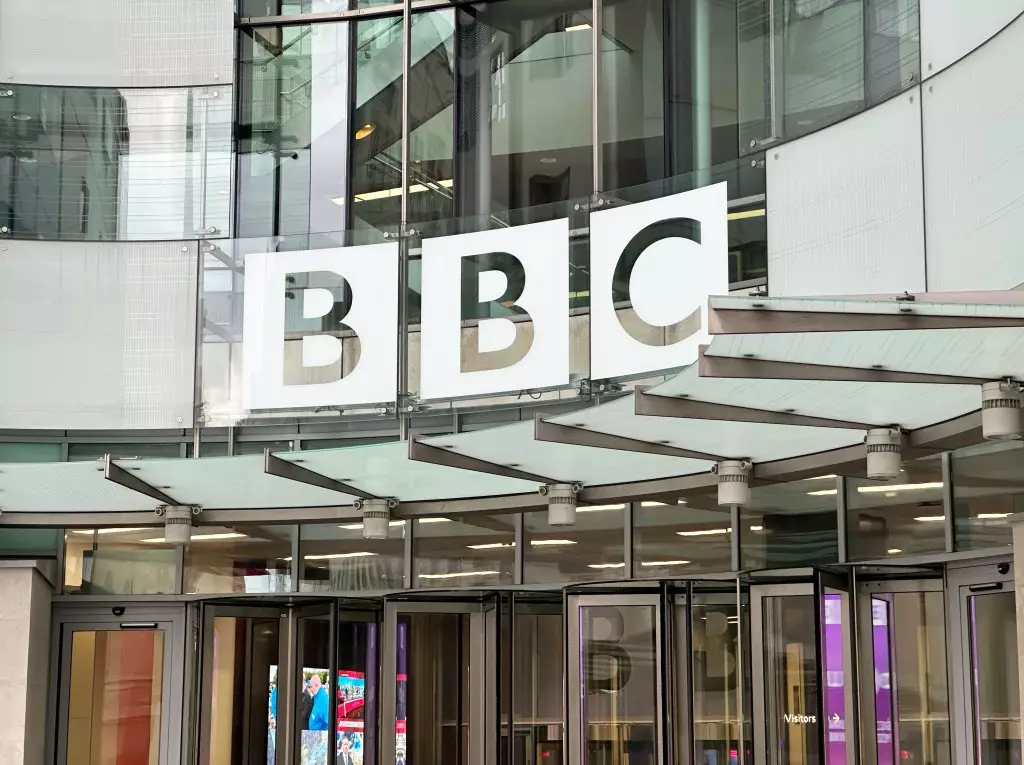Recent internal memos from BBC executives Deborah Turness and Kate Phillips have unveiled alarming statistics regarding employee confidence in the corporation’s handling of bullying and harassment. The results derived from a staff survey reveal dwindling trust, with 58% of employees believing that their concerns would be managed appropriately, while only 48% express faith in the channel through which they can report misconduct. These numbers have sparked critical conversations about the prevailing workplace culture within one of the world’s most respected media organizations. However, such statistics should not only be viewed as a wake-up call but as a critical juncture for the BBC to invigorate its approach to workplace integrity.
At a time when society demands accountability and transparency, the BBC’s inability to provide a safe environment for its employees raises serious questions about its operational efficacy. The high-profile workplace culture review, prompted in part by a series of allegations against prominent figures, is meant to be a turning point. Yet, as these survey results reveal, if there is no substantive follow-through, this initiative might merely be symbolic—nothing more than a checkbox on corporate governance.
The Disconnect Between Management and Staff
One cannot overlook the striking inconsistency between the BBC’s public commitments and the reported experiences of its workers. While Turner and Phillips articulated a desire for improvement, the dismissal of wrongdoing—evidenced by how few cases result in disciplinary actions—paints a conflicting picture. Within the past three years, 39 complaints were upheld for bullying and harassment, but shockingly, only a single individual faced termination. Such figures do not demonstrate the decisive action that employees might expect in environments where allegations are taken seriously.
The phenomenon is not merely a numbers game; it reflects a deeper cultural issue that can nurture a toxic atmosphere. The gradual drip of trust can erode a workplace from the inside out, leading to disengagement, lower morale, and higher attrition rates. The BBC must listen to its employees and create an authentic space for dialogue, where concerns are not just acknowledged but acted upon. The reality that nearly half of the employees believe their issues would not be handled with the seriousness they deserve signifies a painful disconnect between management’s messaging and staff sentiment.
Turning Promises into Action
In light of these revelations, it is critical that the BBC’s forthcoming actions are not merely performative. The immediate aftermath of the workplace culture review must involve transparent implementation of actionable strategies that center on preventing misconduct and promoting inclusivity. The appointment of an external consulting firm like Change Associates signals a recognition of the need for expertise; however, the real challenge lies in carrying out their recommendations effectively.
Furthermore, the significance of a robust whistleblowing policy cannot be overstated. The statistics revealing that only 51% of employees feel secure reporting problems signal that systemic barriers still exist. The BBC must dismantle these barriers, reaffirming its commitment to a zero-tolerance policy toward all forms of workplace misconduct, and actively encouraging a culture where employees can voice their concerns without fear of repercussions.
The Transformative Power of Accountability
To rebuild trust and foster a culture of accountability, the BBC must demonstrate that it values its staff as its most vital asset. This involves not just stating promises but embodying them in everyday practices. From consistent training on recognizing and preventing harassment to establishing clear, accessible reporting lines, actionable measures should be prioritized over empty words.
Moreover, continuance of support systems, including the existing bullying and harassment helpline and counseling services, must be reinforced with continuous feedback from employees. By doing so, the BBC stands to transform an institution currently beleaguered by allegations of misconduct into a model of progressive workplace practices.
Ultimately, if effective action is taken, the BBC can emerge from this critical juncture renewed and resilient, proving that even when faced with challenges of integrity, it can lead the way in fostering an environment of respect, safety, and empowerment for all its employees. As the media landscape evolves, the BBC has an opportunity—perhaps even an obligation—to set the standard not only for content creation but for workplace culture too.


Leave a Reply